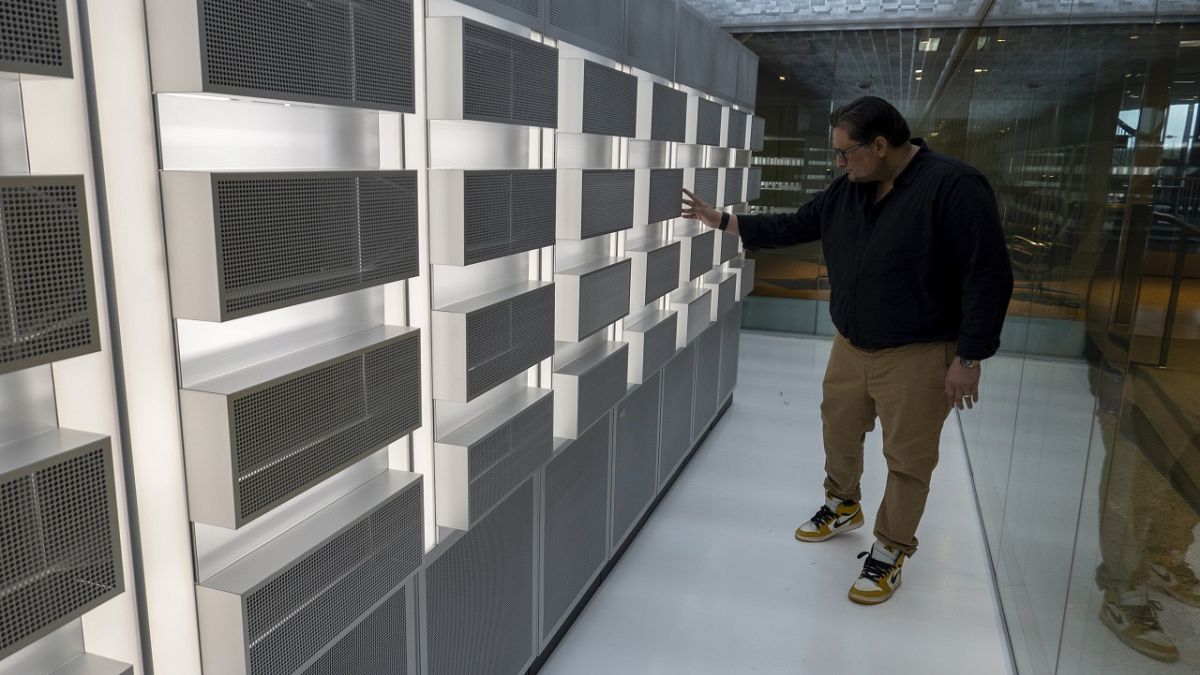

In recent months, the global stage has been abuzz with significant strides in technology and space exploration, showcasing an inspiring narrative of innovation and collaboration across continents. Three noteworthy developments highlight this evolving landscape: the European ambition to establish AI gigafactories, the successful Axiom 4 space mission, and China’s advancements in AI-powered humanoid robots.
The European Commission’s vision for AI gigafactories has stirred considerable interest across Europe. Earlier this year, the Commission outlined plans to mobilize funds to construct these advanced facilities, which will serve as pivotal hubs for AI development and deployment. Later this year, an official call for establishing these factories is anticipated, further solidifying Europe’s commitment to advancing digital and technological growth. The strategic aim is to not only bolster Europe’s position in the global AI race but to catalyze economic and innovative growth across member states.
Europe’s ambition aligns with broader global movements in technological innovation, illustrated by China’s remarkable efforts in artificial intelligence. Recently in Beijing, humanoid robots equipped with advanced AI capabilities played an autonomous football match, a testament to China’s ongoing dedication to advancing AI robotics. The sight was not just a playful display but also a glimpse into the future possibilities of AI technology. This initiative is a part of China’s broader strategic plan to cement its position as a leader in AI and robotics, underlining a shared global interest in pushing the frontiers of technology.
Complementing these terrestrial advancements are milestones in space exploration, evidenced by the successful launch and participation of the Axiom 4 mission to the International Space Station (ISS). This mission, remarkable for including astronauts from India, Hungary, and Poland, signifies a global partnership in space endeavors. For Poland, participation in this mission holds particular significance, reminiscent of the transformative “Apollo effect” that once inspired a new generation of space enthusiasts and leaders. This mission not only promises to inspire young Polish scientists and engineers but also signifies a broader European commitment to contributing to and expanding the horizons of space exploration.
Together, these developments paint a picture of an interconnected world, where technological advancements and collaborative efforts transcend borders. As countries across Europe rally to become AI innovation hubs and other nations like China continue to push the boundaries of what AI can achieve, the landscape of innovation is characterized by a spirit of global collaboration and shared progress. Equally, as collaborative ventures into space become more frequent and inclusive, nations are provided with both an opportunity and an inspiration to invest more deeply in scientific and technological education and infrastructure.
In sum, the coordinated pursuit of technological and space advancements underscores a shared global vision of progress, creativity, and opportunity. Moving forward, these initiatives promise to nurture a more interconnected and technologically proficient world, propelling both individuals and societies toward a bright future replete with possibilities and positive change.
Source: {link}
